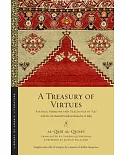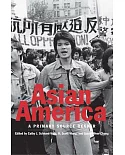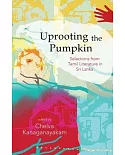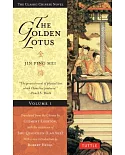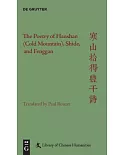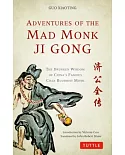The first and only English translation of the centuries-old Tibetan spiritual allegory of King Gesar, a tale on a par withThe Arabian Nights or the King Arthur stories.
For hundreds of years, versions of the Gesar of Ling epic have been sung by bards in Tibet, China, Central Asia, and across the eastern Silk Route. King Gesar, renowned throughout these areas,
represents the ideal warrior. As a leader with his people’s loyalty and trust, he conquers all their enemies and protects the peace.
The example of King Gesar is also understood as a spiritual teaching. The "enemies" in the stories represent the emotional and psychological challenges that turn people toward greed,
aggression, and envy and away from the true teachings of Buddhism.
The epic of Gesar is the longest single piece of literature in the world canon, encompassing some 120 volumes; here the first three volumes are translated, telling of Gesar’s birth, his
mischievous childhood and his youth spent in exile, and his rivalry for the throne with his treacherous uncle.



